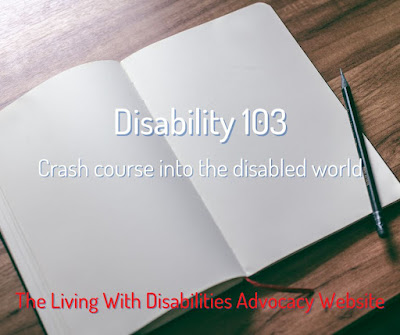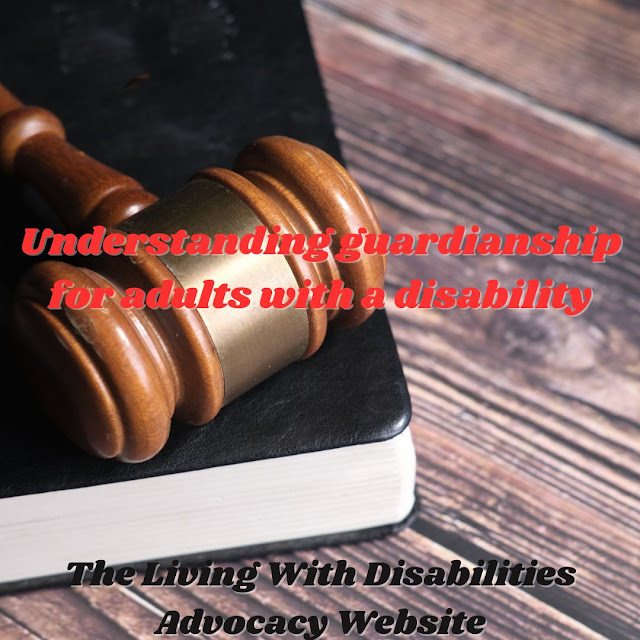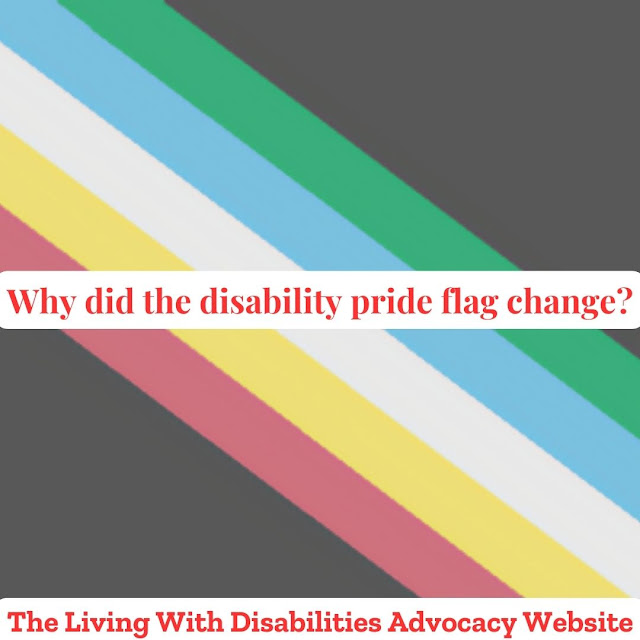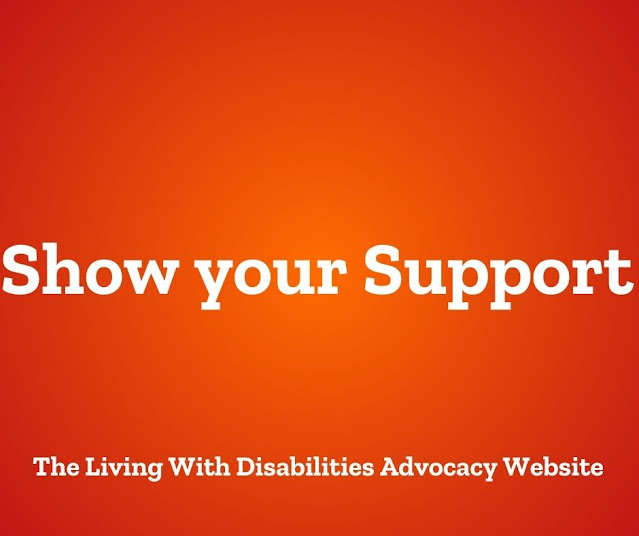Disability 103: Crash course into the disabled world
Welcome to the Living With Disabilities Advocacy website. First and foremost. Self-published author Katrina Smith, a person of many accomplishments, has written six volumes in total: two cookbooks and four collections of poetry. Her favorite activities include reading and writing. Katrina would be described by one word: determined. Despite any challenges she may encounter, she does not let unkind comments decide her fate.
Living With Disabilities is back with another Disability crash course, if you have not read Disability 101: Crash course into the disabled world, or Disability 102: Crash course into the disabled world. We highly recommend you read them.
In the first crash course, Disability 101: Crash Course into the Disabled World, Living With Disabilities asked everyone to take a few minutes of reflection (meditation), clear out any thoughts that may be negative, and open their minds to a better understanding of what they were about to take in. (Meditational music can be found in the sidebar of the website, A Touch of Zen by Chris Martyn and Geoff Harvey, from Purple Planet Music.)
Living With Disabilities hopes that you have a designated notebook on hand. We're hoping that you will take the necessary notes. You will learn from this article that there is no right or wrong way to take notes. Your notes are for you and you only.
We're here to educate people about people with disabilities and other conditions because not everyone is open to understanding a person with a disability. Therefore, Living With Disabilities is going to take you through an A-Z course one course at a time, and we're moving down the alphabet ladder to B.
What's Blindness? A lack of vision. It may also be referred to as "loss of vision." Depending on the severity, blindness can be corrected. But, it can not be corrected by wearing glasses or contact lenses.
What causes Blindness? First, a person can be born visually impaired. Others can lose their vision due to numerous things. Accidents or eye injuries, diabetes, glaucoma, and macular degeneration, just to name a few.
We've covered the first two major aspects of blindness; now let's talk about how to accommodate someone who is blind.
Accommodating is very important for a person who is blind; their way of seeing is different from a person who is sighted. and will talk about that in a few. Let's start with the accommodations.
If you have read Platform Accessibility it goes into somehow to make your platform more accessible for people who are visually impaired.
What are the typical accommodations? Audiotape, Brille, electronically formatted lecture notes, handouts, and text Verbal description of a visual aid: If your platform has alt text, make sure it's correct; if not, change it. Raised line drawings and tactile models of graphic materials Brille lab signs and equipment labels; auditory warning signals.
Let's hear your opinions.
Are you a person who needs accommodations or feels that your accommodations were not met due to being blind or visually impaired? Let's connect and discuss this topic on the Living With Disabilities Online Talk Show. Schedule an appointment to speak to Katrina Smith, the host.
Touch of Zen: Chris Martyn and Geoff Harvey
If you need online support,Disability Safe Haven is great for receiving support. The We Care Team is very protective of its members and asks everyone who joins, to have a profile picture and answer the security questions.




Comments
Post a Comment